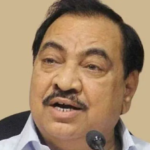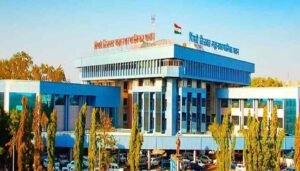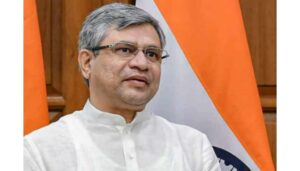
Dispute Escalates in Pune and Pimpri-Chinchwad Over Cab Fare Hike Demands
Sumit Singh & Tikam Shekhawat
Pune, 6th March 2024: Tensions have heightened in Pune and Pimpri-Chinchwad as transport unions aggressively push for increased passenger fares, while cab companies, including Ola and Uber, staunchly resist any fare hikes. The deadlock has led both sides to exert pressure on the Regional Transport Office (RTO), with signs pointing towards a potential legal battle in the High Court. Unfortunately, amidst the dispute, the well-being of passengers seems to be overlooked.
The Auto Taxi Bus Transport Federation and Bagtoy Rickshawala organizations sought permission from the police to protest against Ola, Uber, and the district administration. However, the permission has been denied, adding another layer of complexity to the ongoing conflict.
Simultaneously, the RTO has issued notices to Ola and Uber, giving them until Wednesday evening to submit their responses. The Regional Transport Authority (RTA), led by District Collector Suhas Diwase, is set to make a decision promptly following the submissions.
The core of the dispute revolves around whether cab companies should adhere to the fare rates fixed by the RTO. Transport organizations argue that this would enhance driver commissions, while cab companies resist fare increases, leading to mounting pressure on the collector office and RTO, causing confusion.
Passengers express concern about potential fare increases, especially considering many cabs now operate on CNG. Passengers emphasized the absence of organized representation for passengers in the ongoing conflict.
In response, Ola and Uber state that there will be no hike in passenger fares. They argue that increasing fares could result in a decrease in the number of passengers, and in a competitive market, a price hike is not feasible. The companies highlight their adherence to central government rules, including the provision of services based on demand, surcharging during peak times, and offering lower rates during periods of reduced demand.
The financial aspect is also a point of contention. After accounting for commissions, GST, and platform charges, cab drivers reportedly receive only Rs 9 per km. Cab companies contend that this amount is insufficient, leading to hardships for drivers.
As the impasse continues, the fate of cab companies lies in the hands of the RTO’s decision. The potential denial of a license if fare hikes are rejected may force companies to appeal to the Transport Commissioner or the High Court, leaving the future of passenger traffic uncertain.
The Auto Taxi Bus Transport Federation and concerned individuals, such as Baba Kamble and Dr. Keshav Kshirsagar, call for the implementation of RTO decisions and the need to ensure the well-being of drivers. The RTO Committee’s fixed rate of Rs 25 per kilometer for cool cabs is questioned, raising concerns about the administration’s apparent helplessness before companies like Ola and Uber.
Sanjeev Bhor, the Regional Transport Officer, provides insight into the ongoing discussions, stating that cab companies have been asked to provide health insurance, life insurance, and training to drivers. With two meetings held and views from both sides considered, a decision is expected in the coming days.

















